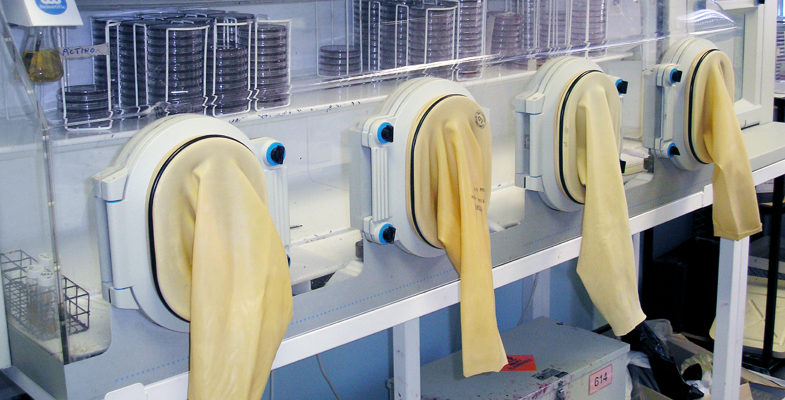Timing of the written examination
Medically trained candidates will normally sit the written and practical/clinical part of the Part 2 examination after at least three years’ higher specialist training.
Non-medically trained candidates must be state-registered and normally have at least four years’ experience in a clinical virology laboratory recognised for higher specialist training.
The number of attempts that a candidate can make will be determined by normal College regulations.
All components of the Part 2 examination will be held together. Candidates must apply for and attempt all components in the same session. Candidates will not be able to sit either component at any overseas centre.
Format of the written examination
The examination will take place over one day.
OSPE (135 mins): 15 stations on data interpretation, correct use of statistics, research methodology, statistics, evaluation of new diagnostic virology tests, and one station on a business case scenario.
Complex Clinical Scenarios (90 minutes): 3 long cases which will assess the candidate’s ability to understand complex clinical and laboratory scenarios in virology and infection prevention.
Oral (60 minutes): Four stations which will have the objectives to assess within a clinical virology situation, clinical leadership, laboratory support and Laboratory Information Management Systems (LIMS) skills combined with business ‘sense’.
Clinical virology cases in the oral stations will have questions on laboratory safety, clinical management and prevention, working within a multi-disciplinary team and problem solving.
Optional modules in virology
The optional modules in the virology curriculum will not be assessed as a part of the Part 2 examination portfolio.
Portfolio
In the old curriculum, a candidate had to satisfactorily complete a set of written assignments in the form of a portfolio in order to be allowed to sit the Part 2 examination. In the new curricula, workplace-based assessment has replaced the portfolio for the new Part 2 examination. The ‘Understanding research and development in virology’ module is assessed in the new written paper 2.

